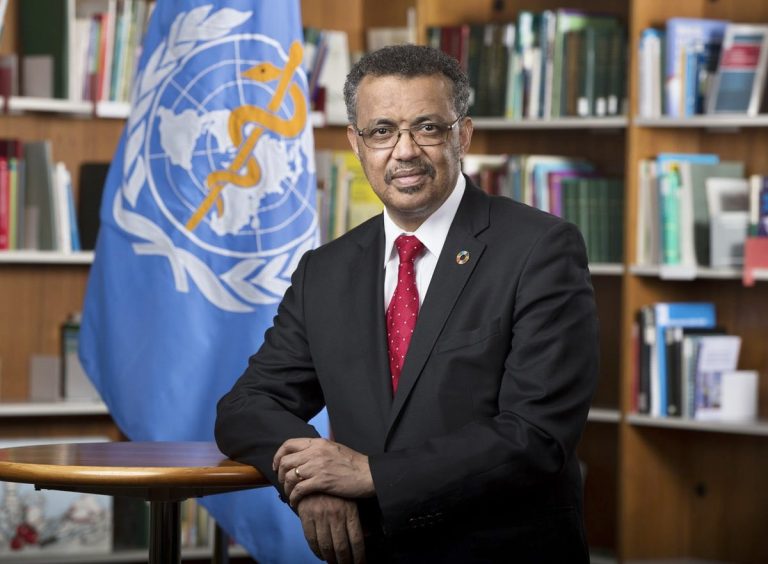On Monday, former President Donald Trump signed an executive order to withdraw the United States from the World Health Organization (WHO), a decision that public health experts warn could harm the nation’s ability to lead global health efforts and make it harder to tackle future pandemics.
The executive order was issued just hours after Mr. Trump took office, and he outlined several reasons for his decision. He criticized the WHO for what he described as “mishandling” of the COVID-19 pandemic and its failure to implement urgent reforms. He also claimed that the U.S. was unfairly burdened with large financial contributions, while China paid much less.
A longstanding criticism
Mr. Trump’s dissatisfaction with the WHO has been well-documented. In 2020, he publicly criticized the organization for its handling of the COVID-19 crisis and for what he saw as its favoring of China. He threatened to cut off U.S. funding, and by July of that year, he took formal steps to withdraw from the WHO. However, when President Joe Biden took office in January 2021, he blocked the move, allowing the U.S. to remain a member.
What the withdrawal means
Health experts fear that pulling out of the WHO could have serious repercussions. Without the WHO’s global data-sharing platform, the U.S. Centers for Disease Control and Prevention (CDC) would lose vital access to information that could help fight pandemics. For instance, when China first sequenced the COVID-19 virus in early 2020, the WHO made the information available to the world, enabling rapid vaccine development.
Leaving the WHO could also disrupt international cooperation on other health crises, such as Zika, Ebola, and future disease outbreaks. The U.S. would also lose a key avenue for providing health assistance to countries dealing with war or disaster, such as Gaza.
The pandemic treaty debate
The WHO has also become a point of contention over its work on a proposed global “pandemic treaty.” The treaty sought to strengthen global preparedness for future pandemics by implementing policies like pathogen surveillance, data sharing, and boosting vaccine production. Some U.S. lawmakers, particularly Republicans, saw the treaty as an infringement on American sovereignty, contributing to their opposition to the WHO.
Reactions from public health experts
Public health experts, including Lawrence O. Gostin from Georgetown University, have expressed grave concerns about the potential fallout from a U.S. withdrawal. Gostin called it “a grievous wound” to global public health and warned that it could ultimately hurt U.S. interests and national security.
Founded in 1948 with U.S. support, the WHO has played a central role in responding to global health crises and improving the health of populations around the world. The U.S. has been one of the largest financial contributors to the WHO’s $6.8 billion annual budget.
The road to withdrawal
Although the withdrawal order has been signed, the process is not immediate. A law passed when the WHO was founded requires the U.S. to give a year’s notice and pay any financial obligations for the current fiscal year before officially withdrawing.
As the debate over the decision continues, many are calling for the U.S. to reconsider, arguing that a strong relationship with the WHO is crucial to maintaining global health leadership and ensuring a coordinated response to future health emergencies.


